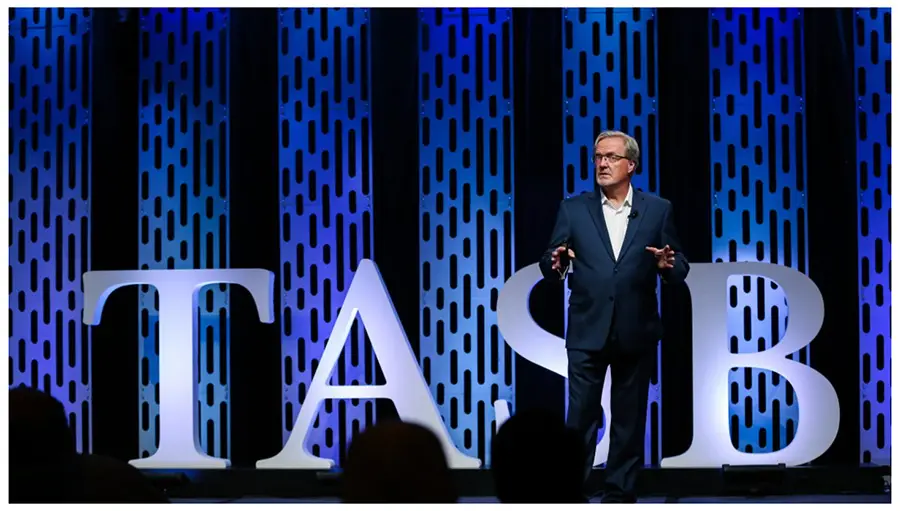
This week I was invited to deliver a pre-keynote warmup and a workshop on respect at a large HR conference.
Afterwards, many of the attendees approached me to share their stories and ask for help.
Sadly, it appears that our extensive research is on target – today’s workplaces and employees are experiencing unprecedented levels of disrespect not only from customers and patients, but also from their leadership and coworkers. HR pros are confirming what we’ve long feared, workplace disrespect is more common now than it’s been in decades, perhaps ever.
They also repeatedly mentioned that their leadership just doesn’t seem to “get it” about how important respect is, and how they feel marginalized and dismissed whenever they bring it up.
They kept asking me, “Why is this happening?” Doesn’t everyone want to be treated with respect? Doesn’t everyone want to work in a respectful culture?
The answer is “yes,” but it’s complicated.
Based on my own experience in my first few jobs when I was repeatedly, and in some cases deliberately treated with disrespect, it’s my sense that many of today’s business leaders don’t get it about respect because they didn’t get any when they were coming up through the ranks. So, they grew a thicker skin, kept their heads down and ignored the disrespect coming at them as best they could.
Or they – like so many employees – assumed that being disrespected, and in turn, being disrespectful, was the standard operating procedure at work and that everyone who objected was simply too sensitive.
But just because we toughed it out, thinking we’re somehow stronger or a better leader for it, doesn’t mean that everyone else coming up through the ranks should put up with being disrespected too. Honestly, why would we want them to go through that?
Besides, in this economy, with this low level of unemployment, and with many companies no longer being loyal to their employees, most people feel that they don’t have to tolerate disrespect in their workplaces – at least not nearly as long as folks did in the past.
And, it should come as no surprise to anyone that, according to a comprehensive 2022 study by MIT’s Sloan School of Business, that a toxic (i.e. disrespectful) workplace is ten times more likely to cause someone to quit than compensation. That was especially true during the so-called “Great Resignation,” which we at The Center for Respectful Leadership call “the great reconsideration.”
So, back to my HR colleagues at the conference asking me for help with what they could do about the increased levels of disrespect in their workplaces. My go-to advice is this…educate your leadership. Start the dialogue about how important respect is and show them the data (we have it, just ask us) that makes it abundantly clear that what we call an “Actively Respectful Culture” (ARC™️) will experience far fewer conflicts, complaints, friction, turnover and customer dissatisfaction, and higher levels of productivity, collaboration, morale and retention.
Most leaders will respond a little more thoughtfully when they see the business case for respect. Granted, it shouldn’t have to be that way – we’d like to think our leadership understands in their gut that respect is a primary driver to achieving our key performance goals. But sometimes they need a gentle knock up the side of the head (metaphorically speaking, of course) to wake them up to the measurable value of a respectful culture.
Our leaders will likely ask HR to tell them where their organization stands on respect. Here we at CRL can truly be of help by providing your company with a comprehensive snapshot using the ARC™️ Assessment , which is the world’s first and only employee engagement survey that focuses on measuring respectful behaviors by managers and the organization.
If you’ve got a challenge with respect, or you’d like to see a snapshot of the levels of respect in your company and what to do to close the gaps, then reach out to us, we’ve helped hundreds of organizations just like yours




